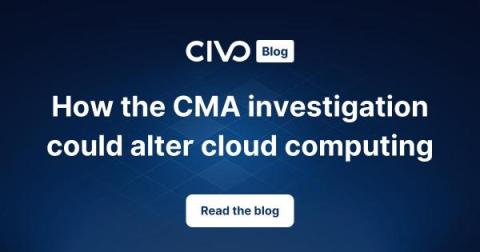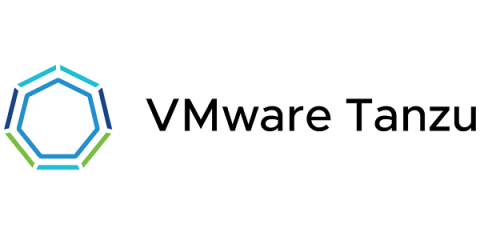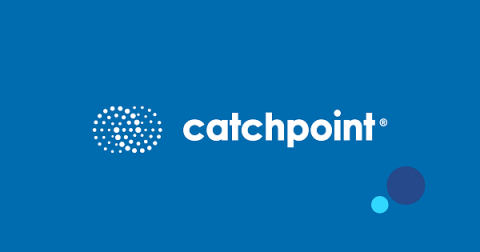How California's New Emissions Disclosure Law Will Affect Data Centers
The new law, SB 253, aims to bring more transparency and accountability to the public about how big businesses contribute to climate change. It also hopes to encourage companies to reduce their emissions and align with the state’s ambitious climate goals. By 2030, California plans to lower its greenhouse gas emissions by 40% below what they were in 1990.










